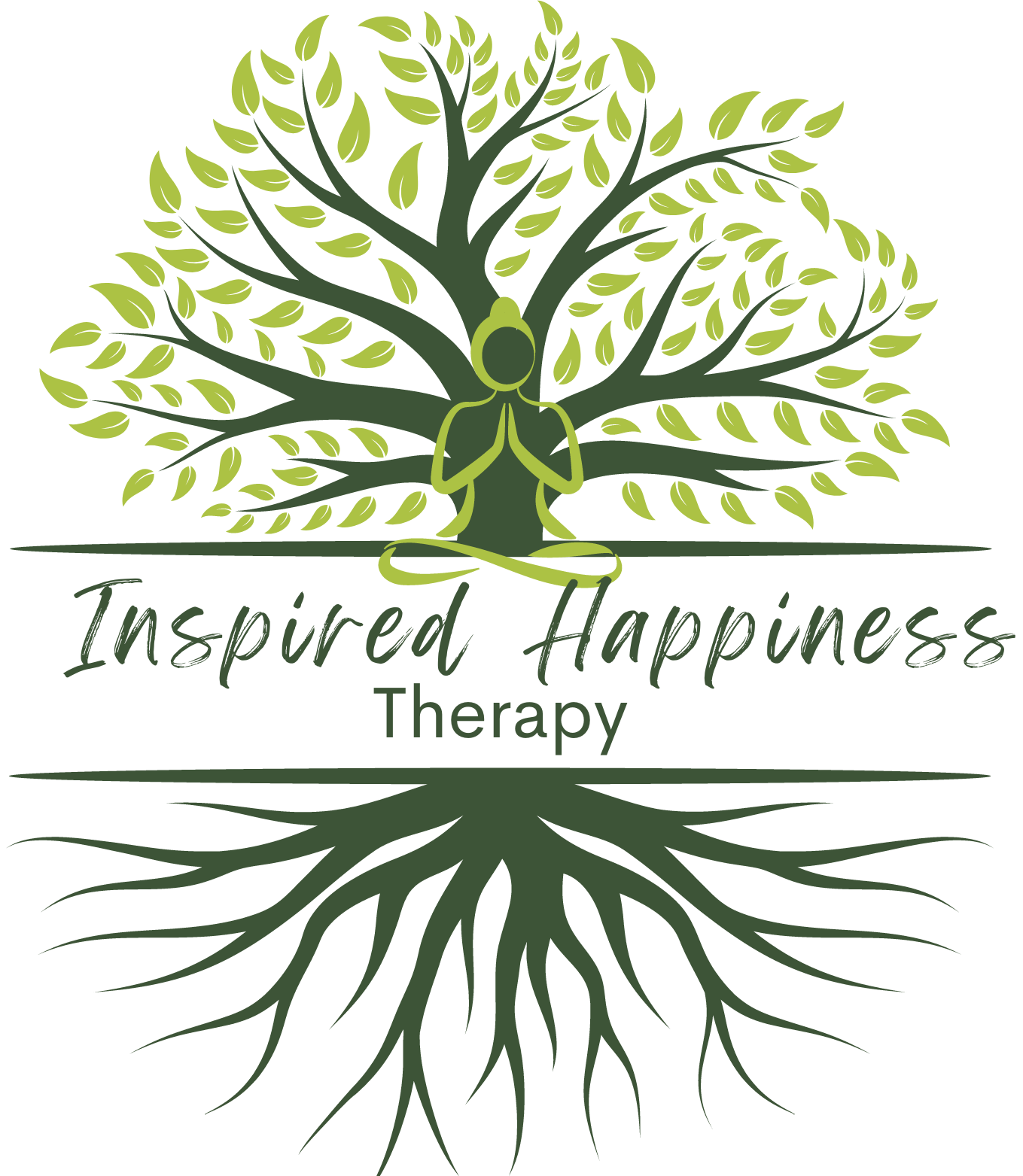Your feelings are valid. It is safe to explore your experiences here.
Distressing Experiences in Church
can happen to anyone. Sometimes, these experiences may make it difficult to practice your faith or engage in your spiritual life. Spiritual abuse and religious trauma are fairly new concepts. If you have never heard of them before, that is okay.
While some people who have had distressing religious experiences have left their religion or might be actively deconstructing their religious beliefs (i.e. “unpacking, rethinking and examining their belief systems) many want to continue practicing their religion but find it difficult because of trauma.
The first thing you might picture when you see “religious trauma” is a cult out of a film – people wearing robes or living in a compound. The reality is that most of the religious trauma and spiritual abuse that people experience happens in mainstream religions. Religions that are more extreme and sects or denominations that are more extreme are more likely to result in religious trauma for the participants.
Religious trauma and spiritual abuse are terms that are often used interchangeably. They have similar meanings and you might have experienced one or both.


“The following three traits are common amongst those who spiritually abuse others: narcissistic traits and behaviors (generally resulting from deep insecurity), a genuine belief in “doing the right thing,” and skill in the language of emotions, trust, and intimacy.” – Dr. Jamie Marich
What is Spiritual Abuse?
Dr. Jamie Marich, an expert in spiritual abuse, describes it as: “whenever a person or system in a position of power uses God or any other spiritual construct as a weapon to control, manipulate, or demean… The power differentials can take many forms with some of the most commonly observed being that of a religious/spiritual leader to congregant/disciple, teacher to student, and parent to child. In the largest possible sense, the power that a theocratic political state exercises over its people can also be viewed as a spiritually abusive dynamic, especially when the language of “God’s will” or “God’s plan” is used to justify state-sponsored discrimination or withdrawal of basic rights”
Those who have experienced spiritual abuse may believe things about themselves such as:
- I am not worthy of a relationship with God
- God does not love me because of something about me, such as sinning, being LGBTQ+, getting divorced, or something else that their religion has taught is undesirable.
- I am going to hell; I am bad
- If I do not do what I was taught was right, I will be committing a sin
- I cannot be safe in church or practicing my religion
- I cannot trust myself or my instincts to know what is right or wrong
What Is Religious Trauma?
The Religious Trauma institute defines religious trauma as: “The physical, emotional, or psychological response to religious beliefs, practices, or structures that is experienced by an individual as overwhelming or disruptive and has lasting adverse effects on a person’s physical, mental, social, emotional, or spiritual well-being.”
People who have experienced religious trauma describe being disturbed at the idea that God would send anyone to hell who had not had the opportunity to learn about him. To some, just hearing about the concept of hell as a child was terrifying and made them unable to believe that God could also be loving. For others, well meaning parents used the fear of God as a punishment for children who were misbehaving, leading teens and adults to struggle having a relationship with the God of their religious upbringing.

 Who experiences religious trauma and spiritual abuse?
Who experiences religious trauma and spiritual abuse?
Anyone can experience religious trauma and spiritual abuse. It can happen in any religious tradition or Christian denomination. Minorities such as women and LGBTQ+ individuals may be more likely to experience spiritual abuse or religious trauma. Many religions teach that women should be subservient to men and “submit” to their husbands and fathers. The idea that women are not able to a have a personal relationship with the God of their understanding can be spiritual abuse. This is also used as justification for the emotional and physical abuse of women and children at the hands of husbands and fathers, because it can be seen that their job is to “punish” those they are responsible for. Many religions also believe that LGBTQ+ people are acting in a way that is inappropriate if they express who they are. Most Christian denominations teach that being gay is a sin, even though Jesus says absolutely nothing about gay and lesbian people in the Bible. Transgender people are also not mentioned in the Bible. In spite of this, LGBTQ+ may find themselves estranged from their religious and evangelical families due to the erroneous belief that they are “choosing a gay lifestyle” or that they should not “act on their attractions.” LGBTQ+ people will often also find themselves estranged from a religion they want to continue practicing and a God that they once felt a strong connection with because of the discriminatory attitudes of those in church.
Even though it may be less common, it is absolutely possible for men to also experience spiritual abuse from those who are in positions of power over them such as church leaders, pastors, or priests. They may feel pressure to act in ways that are not natural to them – such as physically disciplining their children when they do not want to or acting as an authority figure when they see their spouse as an equal. They may feel or even be told that they are failing their family and God if they do not treat them in a certain way.
Teaching people to distrust their inner knowing, to go against what feels right to them, is a form of spiritual abuse.

When to See a Professional About Religious Trauma and Spiritual Abuse
If you are looking for a safe place to deconstruct your religious upbringing or beliefs, therapy is a confidential place to do so. You may also be experiencing classic signs of trauma – as the Mayo Clinic describes, “PTSD symptoms are generally grouped into four types: intrusive memories, avoidance, negative changes in thinking and mood, and changes in physical and emotional reactions.”
More specifically these look like:
Intrusive memories
- Recurrent, unwanted distressing memories of the traumatic event
- Reliving the traumatic event as if it were happening again (flashbacks)
- Upsetting dreams or nightmares about the traumatic event
- Severe emotional distress or physical reactions to something that reminds you of the traumatic event
Avoidance
- Trying to avoid thinking or talking about the traumatic event
- Avoiding places, activities or people that remind you of the traumatic event
Negative changes in thinking and mood
- Negative thoughts about yourself, other people or the world
- Hopelessness about the future
- Memory problems, including not remembering important aspects of the traumatic event
- Difficulty maintaining close relationships
- Feeling detached from family and friends
- Lack of interest in activities you once enjoyed
- Difficulty experiencing positive emotions
- Feeling emotionally numb
Changes in physical and emotional reactions (arousal symptoms)
- Being easily startled or frightened
- Always being on guard for danger
- Self-destructive behavior, such as drinking too much or driving too fast
- Trouble sleeping
- Trouble concentrating
- Irritability, angry outbursts or aggressive behavior
- Overwhelming guilt or shame
Even if what you are experiencing does not fit the criteria for post traumatic stress disorder (PTSD), you may have experienced spiritual abuse. Set up an appointment today if you are struggling!
Want to read more?
Here are some blog posts about distressing experiences in church that you might find useful!
Healing From Religious Trauma
An introduction to the concept of religious trauma and how we begin to heal from it.
Why I Work With Clients Who Have Had Distressing Experiences in Church
A blog post where I share why I decided to begin working with clients who have experienced spiritual abuse or religious trauma.
